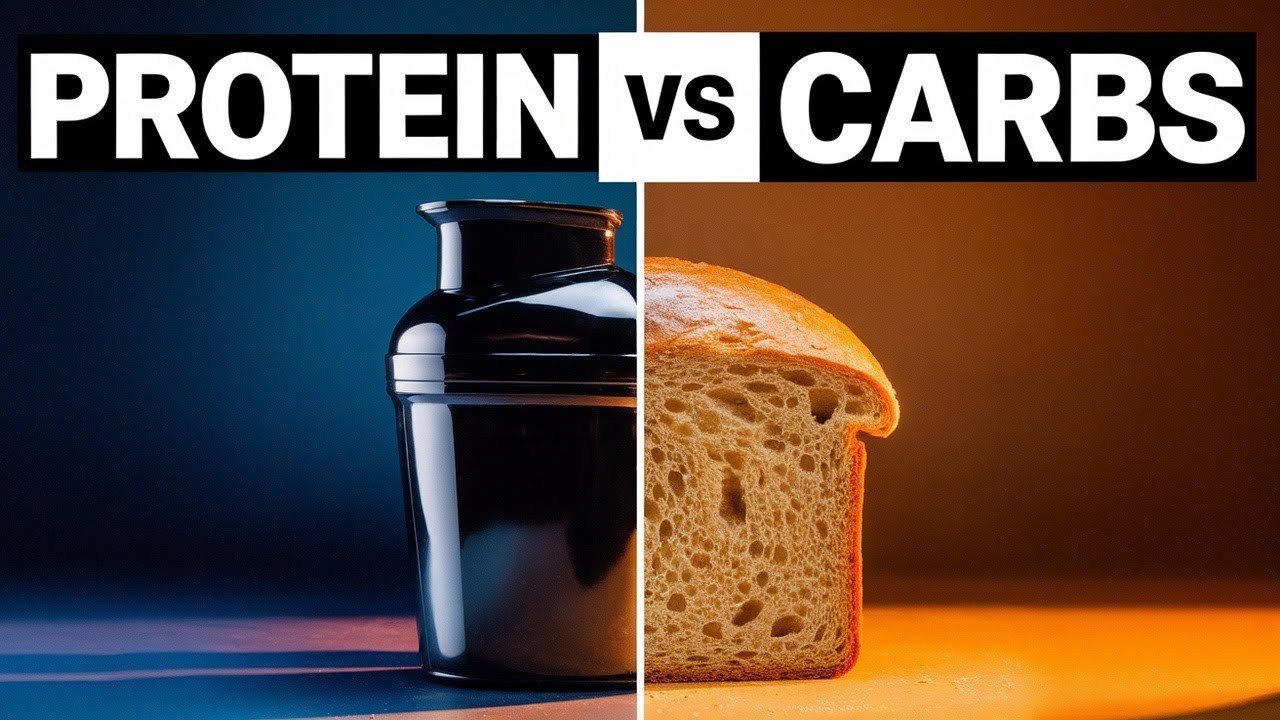Gut Health: Prebiotics vs. Probiotics
In recent years, gut health has emerged as a crucial aspect of overall well-being, influencing everything from digestion to mental health. At the heart of this discussion are prebiotics and probiotics, two key players in maintaining a healthy gut microbiome. But what exactly are they, how do they differ, and how can they benefit you? Let’s delve into the fascinating world of gut health and uncover the answers.
Understanding the Gut Microbiome
The gut microbiome comprises trillions of microorganisms, including bacteria, viruses, and fungi, residing in our digestive tract. This complex ecosystem plays a vital role in nutrient absorption, immune function, and even mood regulation. To maintain a balanced microbiome, it’s essential to nourish it with the right components, namely prebiotics and probiotics.
What Are Prebiotics?
Prebiotics are non-digestible fibers that serve as food for beneficial bacteria in the gut. They help stimulate the growth and activity of these bacteria, thereby promoting a healthy digestive system. Common sources of prebiotics include:
- Chicory root
- Garlic
- Onions
- Bananas
- Asparagus
Research indicates that prebiotics can enhance gut health by increasing the production of short-chain fatty acids, which improve the gut lining and reduce inflammation.
What Are Probiotics?
Probiotics are live microorganisms that provide health benefits when consumed in adequate amounts. They help restore the natural balance of gut bacteria, which can be disrupted by factors like antibiotics or poor diet. Common sources of probiotics include:
- Yogurt
- Kefir
- Sauerkraut
- Kimchi
- Miso
According to a study published in the journal Nutrition Reviews, probiotics can aid in managing conditions such as irritable bowel syndrome (IBS), diarrhea, and certain infections.
Prebiotics vs. Probiotics: Key Differences
While both prebiotics and probiotics are crucial for gut health, they serve different functions:
Function
Prebiotics act as fertilizers for the good bacteria, promoting their growth. Probiotics, on the other hand, are the actual beneficial bacteria introduced into the gut.
Sources
Prebiotics are typically found in high-fiber foods, whereas probiotics are present in fermented foods and supplements.
Benefits
While both support gut health, prebiotics are more focused on long-term gut health, whereas probiotics can provide more immediate relief from digestive issues.
Benefits of Combining Prebiotics and Probiotics
Combining both prebiotics and probiotics, often referred to as synbiotics, can enhance the overall health of your gut microbiome. Synbiotics work synergistically to improve the survival and colonization of beneficial bacteria in the gut. Here are some benefits of incorporating both:
- Improved digestion and nutrient absorption
- Enhanced immune function
- Reduced risk of certain gastrointestinal disorders
- Better mental health and mood regulation
How to Incorporate Prebiotics and Probiotics into Your Diet
Here are some actionable tips to help you effectively incorporate prebiotics and probiotics into your daily diet:
Start with Breakfast
Include a serving of yogurt or kefir with your breakfast. Add a banana or some berries for an extra boost of prebiotics.
Snack Smart
Opt for snacks like trail mix with nuts and dried fruits or a smoothie with spinach and a probiotic supplement.
Include Fermented Foods
Incorporate fermented foods like sauerkraut, kimchi, or miso into your meals a few times a week.
Read Labels
When buying supplements, look for products that contain both prebiotics and probiotics for maximum benefit.
Conclusion
Understanding the distinction between prebiotics and probiotics is vital for optimizing gut health. While they serve different functions, both are integral to maintaining a balanced gut microbiome. By incorporating a variety of foods rich in these nutrients into your diet, you can support your digestive health, boost your immune system, and enhance your overall well-being. Start making small changes today and experience the profound impact of a healthy gut on your life.
For more information on gut health and nutrition, consider consulting with a healthcare professional or a registered dietitian.
Share this content:
About The Author
Discover more from J and J Fitness
Subscribe to get the latest posts sent to your email.




